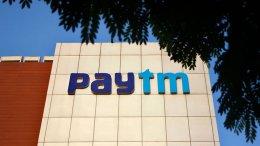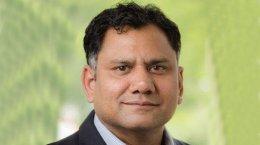Billionaire Bill Gates on Friday urged India to move away from low-cost labour toward high-end research and development to keep its giant IT sector competitive.
\n
On a visit to New Delhi, the co-founder of Microsoft Corp called on the Indian government to speed up its commitment to R&D and to boost low number of home-grown PhD students.
\n
Gates told a panel discussion that India's "IT success story" should strive to add value and move away from low-cost labour as other developing countries play catch-up.
\n
"At first some of that (IT boom) was built on low-cost labour. And, of course, as time goes on, you don't want to have that as the only differentiator and it's not a sustainable thing, because others can come along with that as well," Gates said.
\n
India's R&D sector has made strides in recent years and attracted some big foreign hitters, including Microsoft, in keeping with its IT- and service-driven economic boom.
\n
But hampered by structural problems and a lack of government commitment, India's R&D still lags behind the United States and Asian rival China. China has more than 1,100 R&D centres compared to less than 800 in India.
\n
"Leading companies here are contributing a lot of ideas and techniques. Even more of that has to happen and bring it to its full potential," Gates said.
\n
"You've got to get the government, universities ... and companies like Microsoft to deepen their commitment to R&D."
\n
India produces 100 computer science PhDs a year -- a fraction of China or the U.S -- even as it exports a large number of students abroad. While English-speaking India is cheaper than China for R&D, New Delhi gives few incentives to researchers.
\n
Beijing offers incentives like tax breaks for R&D centres, and special economic zones provide infrastructure for hi-tech and R&D industries.
\n





